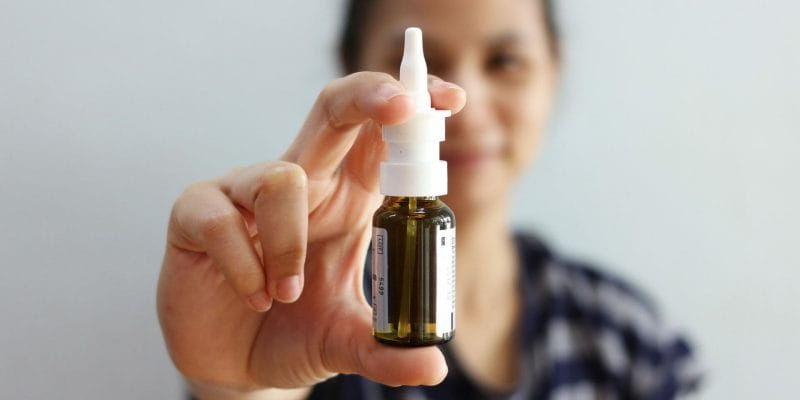As you may have seen from other posts on this blog, intranasal corticosteroids sprays (aka nasal steroids, nasal steroid sprays) are common treatments for nasal and sinus problems. Often these sprays need to be used daily, and if patients stop using the sprays their symptoms may recur.
Pro Tip: You may need to use nasal steroid sprays for several weeks to feel the full effects! Stick with it to make sure you give them a chance to work.
One of the most common questions we hear about nasal steroids sprays is whether they are safe to use long term, or every day. Steroids in general have a bad reputation for potential side effects, and people can often be wary about taking these medications for extended periods of time.
The good news is almost all of the intranasal corticosteroids currently used have been well studied for safety, have excellent safety profiles, and minimal side effects. People with chronic rhinosinusitis or allergic rhinitis sometimes have to take intranasal corticosteroids for years, and studies on these patients show no significant long-term side effects. This is largely because the newer nasal steroid sprays are not absorbed into the body or the bloodstream in significant amounts. For some of the nasal steroid sprays available today, less than 1% of the dose to the nose is absorbed into the bloodstream. Because of this, the side effects of nasal steroid sprays are typically limited to the nose.
About 1 in 100 people will have some side effects in their nose. The most common side effects in the nose are dryness, a sore throat or nose, and nosebleeds. Rarely, nasal steroid sprays can worsen headaches as well. Make sure to discuss possible side effects with your doctor to help minimize them. Sometimes people with cataracts or glaucoma worry about intranasal steroid sprays – they are considered safe for patients with these problems, but it is ok to review these medications with your eye doctor if you are concerned.
Similar to other medications, patients should use the lowest dose possible to control their symptoms. Work with your doctor over time to help identify the best dose for you.

